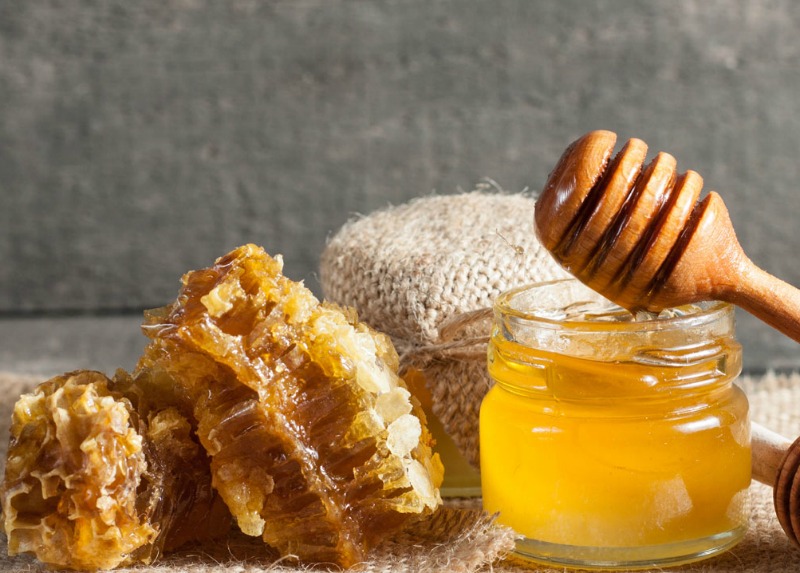Transformative initiative to boost honey production
ZIMBABWE’S apiculture industry is poised for a transformative revolution with the launch of the “Mutually Supporting the Apiculture Industry” (Mutsa), an innovative and collaborative initiative aimed at improving productivity, quality and market access for beekeepers, processors and traders.
Bee’s Honey Company is the brains behind the drive, which seeks to create a vibrant apiculture industry that benefits all stakeholders and the environment by recognising the industry as an independent beneficiator to the economy and adding value to the national economy.
Zimbabwe has a vibrant growing honey producer base and enhancing systems to increase production are critical if the country is to contribute meaningfully to the global honey trade.
According to statistics from Agritex, honey production in Zimbabwe averages 400 000kgs annually and exports to international markets are hampered by inadequate supply, as well as product certification requirements.
According to Trade Map, global imports of honey in 2020, amounted to US$2,27 billion increasing from US$2 billion in 2019.
File picture
At least 693 486 tonnes of honey were traded, with top importers being the USA, United Kingdom, Japan, Saudi Arabia, Germany and France.
In a latest update, Mr Welcome Bhila, from Honey Bee Company said Musta’s objective is to improve productivity and quality of honey production, enhance market access for Zimbabwean honey, promote sustainable beekeeping/farming practices and empower youths and women through training and entrepreneurship.
“This ground-breaking project promises to boost economic growth, create employment opportunities and promote environmental conservation in Zimbabwe and the entire sub-Saharan region,” said Mr Bhila.
“Mutsa will contribute significantly to Zimbabwe’s economy by increasing honey production and exports by 20 percent, generating substantial revenue, creating over 10 000 jobs in beekeeping, processing and marketing, stimulating local economies through Rural Development and Industrialisation 8.0 and Education 5.0 while enhancing entrepreneurship and innovation.
“The initiative prioritises youth and women empowerment, reserving 60 percent and 40 percent of jobs created for these demographics, respectively.”
bee hives done by Honey Bee Compnany
Mr Bhila said Mutsa seeks to promote environmental conservation through sustainable bee-keeping practices, reducing deforestation, conserving biodiversity, maintaining ecosystem services and ensuring long-term sustainability through climate-resilient bee-keeping techniques. Eco-friendly practices safeguard Zimbabwe’s natural resources, he added.
Mr Bhila said the initiative has garnered support from key stakeholders, including Government ministries, parastatals, private sector partners, financial institutions, institutions of higher learning, international organisations and local beekeepers associations.
“Mutsa’s implementation plan consists of three phases: training and capacity building, infrastructure development and marketing and trade development,” he said.
“Mutsa’s impact extends beyond the apiculture industry, contributing to Zimbabwe’s national development goals in the NDS1, aligning with the United Nations’ Sustainable Development Goals (SDGs), including SDG 1: No Poverty, SDG 2: Zero Hunger, SDG 5: Gender Equality, SDG 8: Decent Work and Economic Growth, SDG 12: Responsible Consumption and Production and SDG 13: Climate Action.”
To increase the production of honey and access to the export market by honey producers, the national trade development and promotion body ZimTrade has also created the cluster initiative to support producers.
Also, early this year, the Ministry of Labour, Public Service and Social Welfare in partnership with private and public organisations organised a bee-keeping training in Umguza where about 500 beekeepers were trained on honey production ahead of the provision of equipment like hives, clothing and other critical inputs.
All this is meant to improve production as the demand for honey in the export market continues to grow. — chrncile











